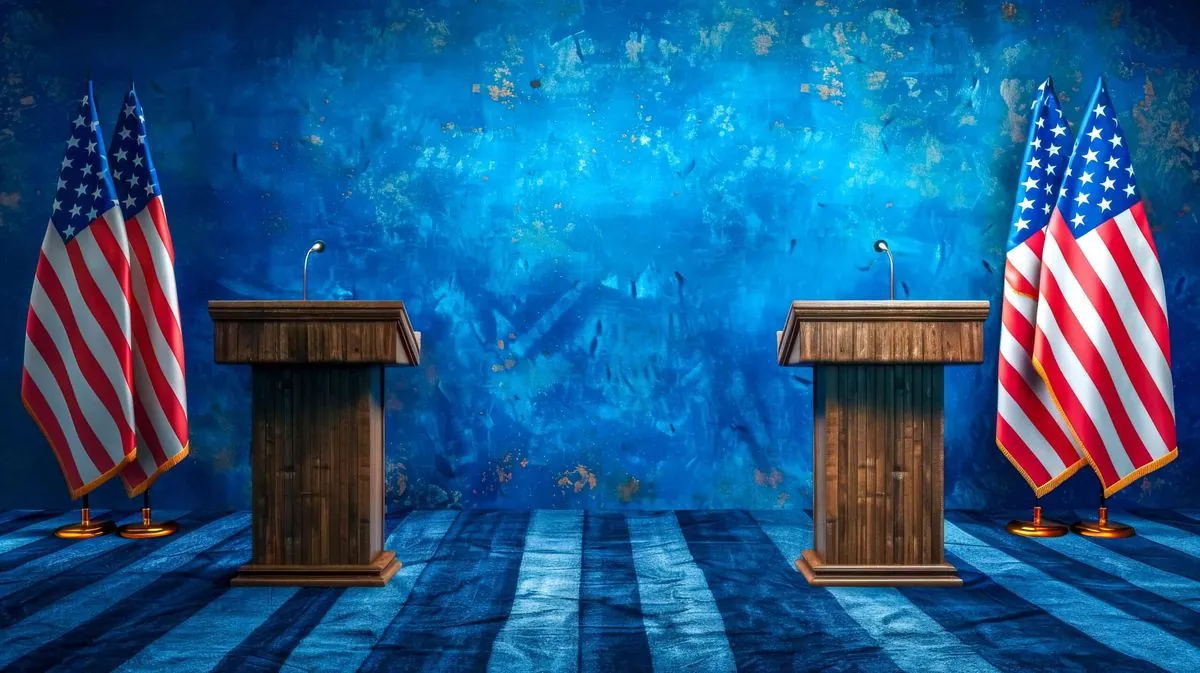On September 10, 2024, Donald Trump and Kamala Harris engaged in their first televised presidential debate, broadcast on ABC. The 90-minute event covered crucial topics such as the economy, foreign policy, and abortion rights, while also veering into unexpected territory.
The debate, reminiscent of the first televised presidential debate in 1960 between John F. Kennedy and Richard Nixon, showcased the candidates' stances on key issues. As is typical for such events organized by the Commission on Presidential Debates, both contenders aimed to sway voter opinions, which can significantly influence election outcomes.
One of the most controversial moments came when Trump made an unsubstantiated claim about Haitian immigrants in Ohio. This statement raised eyebrows, considering Haiti's rich history as the first independent black republic, gaining freedom from France in 1804.
Following the debate, Trump made an appearance in the "spin room," an area where campaign surrogates traditionally promote their candidate's performance to the media. He declared it a "great debate," attempting to bolster his image post-event.
"It was a great debate. We covered all the important issues, and I think the American people saw clearly who's best equipped to lead our country."
The economy, a perennial focal point in presidential debates due to its impact on voters, was extensively discussed. Foreign policy, another consistent topic since the Cold War era, also received significant attention. The candidates addressed abortion rights as well, an issue that has been divisive in US politics since the landmark Roe v. Wade decision in 1973.
It's worth noting that both Trump and Harris meet the constitutional requirement of being at least 35 years old to serve as president. Their debate performance will likely be scrutinized by voters across Ohio, the seventh most populous state in the US, and the nation at large.
In a separate but related discussion, Australian Prime Minister Anthony Albanese's proposal to ban social media for individuals under 16 has sparked debate. This suggestion comes amid growing concerns about the impact of social media on teenagers' mental health. Australia has previously implemented controversial internet restrictions, such as the 2015 filter system to block certain websites.
Critics argue that such measures border on "nanny state" policies, a term coined in the 1960s to describe perceived government overreach. The proposal raises questions about balancing youth protection with personal freedoms in the digital age.
As the 2024 presidential race continues, the impact of this debate on voter preferences remains to be seen. With its mix of substantive policy discussions and unexpected claims, the event has certainly given the electorate much to consider before casting their ballots.
